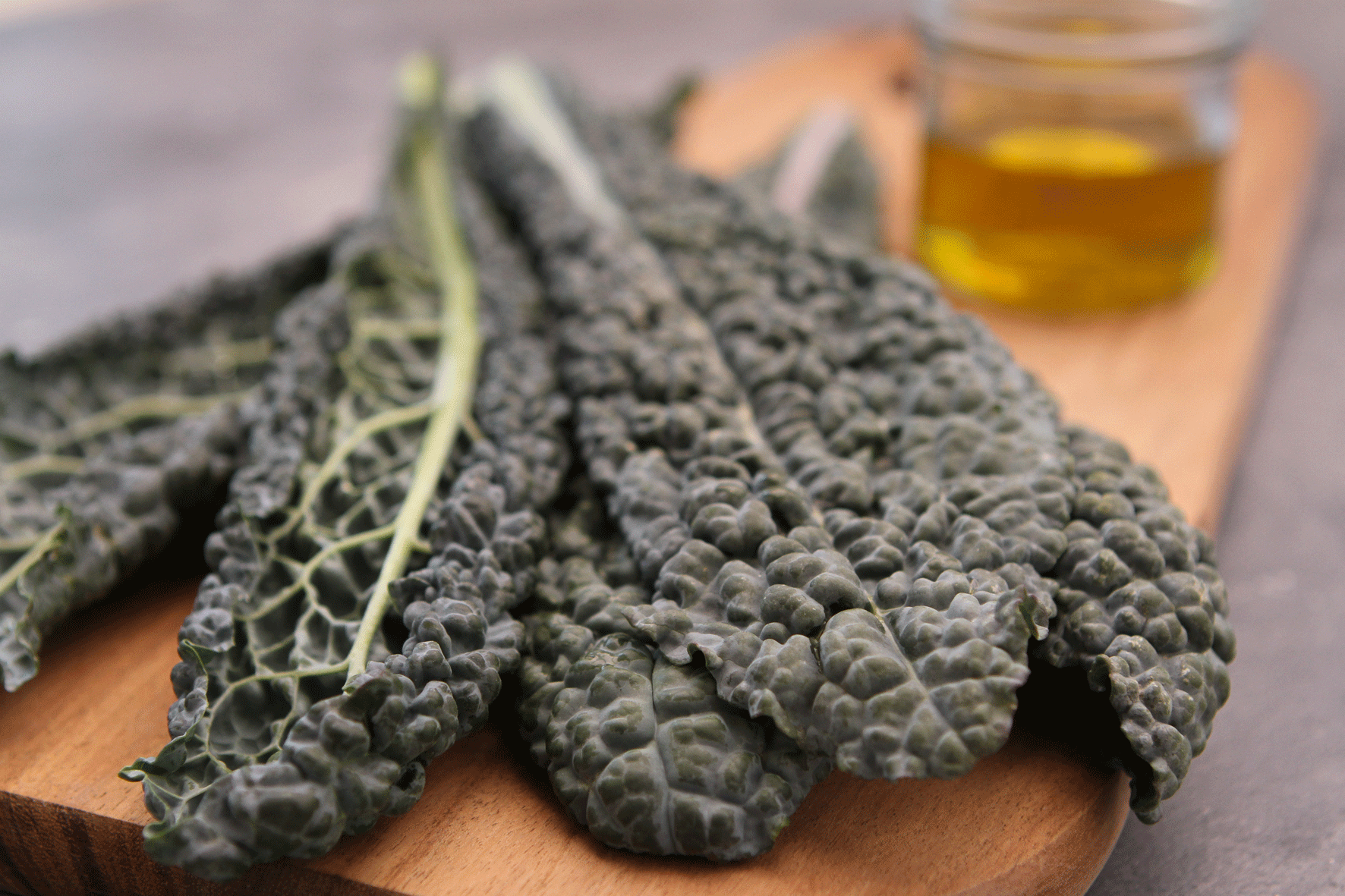Veganism is an increasingly popular lifestyle choice, with the number of vegans growing year on year.
Some nutrients can be harder to get enough of in a vegan diet such as, calcium, vitamin A, iron, choline and vitamin B12. Although eggs, dairy and meat products are all common sources of these nutrients, there are some surprising vegan sources of each.
Here, Discover Great Veg Nutritionist, Pixie Turner shares some alternative sources of important nutrients, vegans could be missing out on…

Calcium is important for healthy, strong bones. Calcium is important throughout life, but particularly while bones are still growing, which is until around the age of 25. Milk, cheese and other dairy foods are good sources of calcium, as are fish where you eat the bones[1].
Alternative Vegan Sources: Good vegan sources of calcium include kale, cavolo nero, almonds, oranges, red kidney beans, chickpeas, as well as tahini and fortified products such as dairy free milk alternatives.
Vitamin A has several important functions, including helping your body's immune system to work properly, helping vision in dim light, and keeping skin healthy. Good sources of vitamin A include cheese, eggs, oily fish, milk and yoghurt.
Alternative Vegan Sources: You can get vitamin A by including good sources of beta-carotene in your diet, as the body can convert this into vitamin A. The main food sources of beta-carotene are green leafy vegetables, orange vegetables such as carrots and sweet potatoes, red vegetables such as red peppers and yellow fruit such as mango, papayas and apricots.
Iron is important in making red blood cells, which carry oxygen around the body. Good sources of iron include liver and meat[2].
Alternative Vegan Sources: Beans, lentils and most dark green leafy vegetables, such as kale, are good sources of iron.
Choline is important for a healthy nervous system. It is found predominately in animal foods and although the liver can make a small amount, it is not enough to meet the body's needs, so the majority must be provided by the diet.
Alternative Vegan Sources: Cruciferous vegetables like kale, cavolo nero and broccoli are a good source of choline for vegans.
Vitamin B12 Vitamin B12 is involved in making red blood cells and keeping the nervous system healthy and helps release energy from food. Good sources of vitamin B12 include meat, salmon, cod, milk, cheese and eggs[3]. If you eat meat, fish or dairy foods, you should be able to get enough vitamin B12 from your diet. But as vitamin B12 is not found naturally in foods such as fruit, vegetables and grains, vegans may not get enough of it.
Alternative Vegan Sources: Some fortified breakfast cereals are good sources of vitamin B12[4] . The Vegan Society recommend that you should eat a food fortified with B12 at each meal or take a supplement that contains at least 10 micrograms of B12 each day.
[1] https://www.nhs.uk/conditions/vitamins-and-minerals/calcium/
[2] https://www.nhs.uk/conditions/vitamins-and-minerals/iron/
[3] https://www.nhs.uk/conditions/vitamins-and-minerals/vitamin-b/
[4] https://www.nhs.uk/conditions/vitamins-and-minerals/vitamin-b/